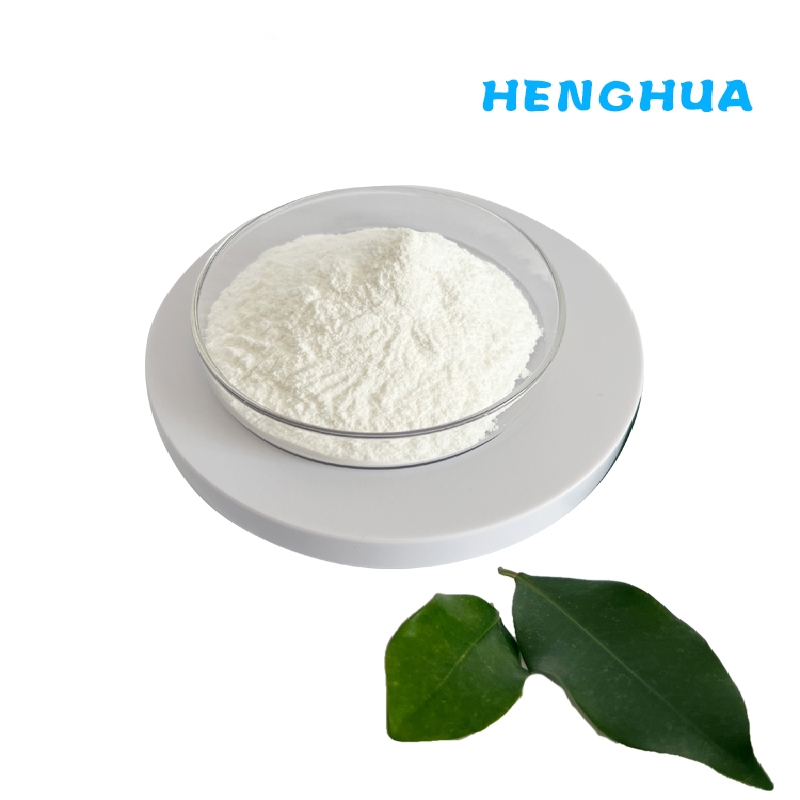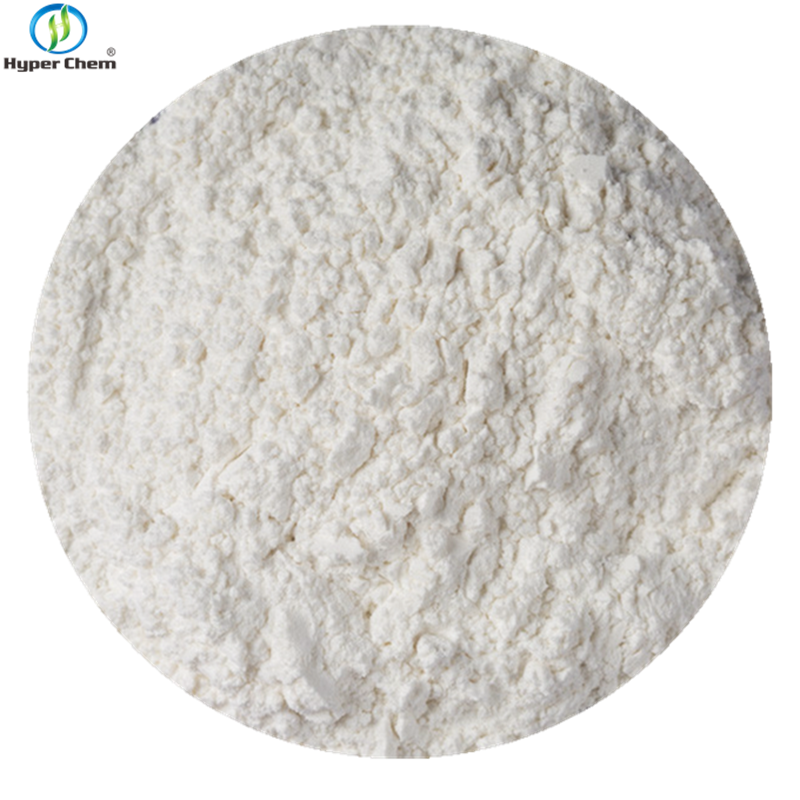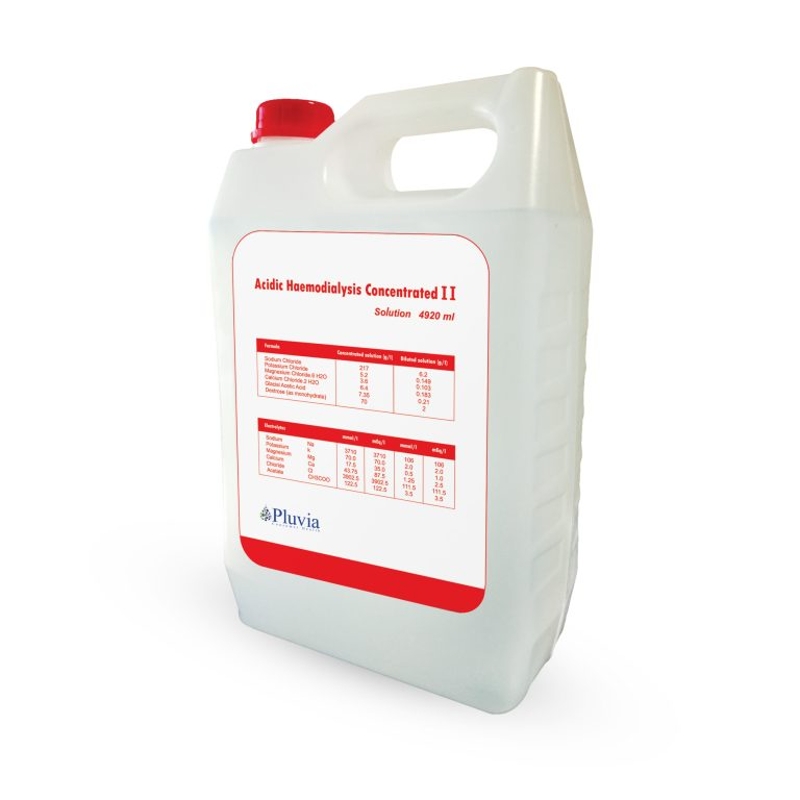-
Categories
-
Pharmaceutical Intermediates
-
Active Pharmaceutical Ingredients
-
Food Additives
- Industrial Coatings
- Agrochemicals
- Dyes and Pigments
- Surfactant
- Flavors and Fragrances
- Chemical Reagents
- Catalyst and Auxiliary
- Natural Products
- Inorganic Chemistry
-
Organic Chemistry
-
Biochemical Engineering
- Analytical Chemistry
-
Cosmetic Ingredient
- Water Treatment Chemical
-
Pharmaceutical Intermediates
Promotion
ECHEMI Mall
Wholesale
Weekly Price
Exhibition
News
-
Trade Service
Background Adrenal cortical carcinoma (ACC) is a rare and highly aggressive malignant endocrine tumor
.
1 to 4 years old and 40 to 50 years old are more common, and the prevalence is higher in women
.
The disease has a poor prognosis, with a 5-year overall survival rate of only 15% to 44%
.
Tumor stage is a key prognostic factor for ACC, with an expected 5-year survival rate of 80% for stage I patients and 13% for stage IV patients
.
About two-thirds of patients with localized disease relapse and require comprehensive treatment based on systemic chemotherapy
.
ACC has the characteristics of both malignant tumors and endocrine tumors.
It is necessary to pay attention to its aggressive biological behavior and to clarify the characteristics of its hormone secretion; localization and qualitative imaging and isotopic examinations involve multiple systems.
Differential diagnosis; surgical treatment There are still many controversial aspects with non-surgical treatment; its follow-up should not only improve endocrine examination, but also regularly review related hormones, liver and kidney function and imaging examinations
.
Pathogenesis Insulin-like growth factor 2 (IGF-2) overexpression and persistent activation of the Wnt/β-catenin pathway are most common in ACC patients
.
IGF-2 overexpression is associated with allelic duplication after modification of the epigenetic imprint at 11p15
.
Activation of β-catenin is associated with decreased overall survival in ACC patients
.
Steroid factor (SF1) promotes adrenal cortical cell proliferation and is associated with poor prognosis in ACC patients
.
Clinical manifestations and diagnosis of ACC patients involve the zona bulbar, zona fascicularis and zona reticularis of the adrenal cortex.
Larger tumors may also squeeze the adrenal medulla and involve the adrenal medulla.
The main clinical manifestations are obesity (91.
4%), and appearance of Cushing's syndrome ( 87.
1%), fatigue (81.
7%), abnormal menstruation in women (84.
3%), purple streaks on the lower abdomen and thigh root (69.
9%), and osteoporosis (57%)
.
All patients with suspected ACC should be carefully evaluated, including history, clinical signs, and signs of spontaneous adrenal corticosteroid overdose
.
In addition, genetic testing and imaging evaluation are required
.
Pathology, grading and staging It is recommended to use ENSAT for tumor staging.
Stage 1: tumor volume ≤ 5 cm; stage 2: tumor volume > 5 cm; stage 3: tumor infiltrates into surrounding tissues, regional lymph node metastasis, or vena cava/renal vein tumor Thrombosis; Stage 4: Refers to tumor metastasis to distant sites
.
This staging can differentiate the prognosis of different patients
.
Surgical treatment Complete surgical resection is one of the methods of curing ACC
.
For potentially resectable stage I-III tumors, complete surgical resection is the initial treatment according to ENSAT staging criteria
.
For T1 stage tumors, laparoscopic resection can be considered; for T2 stage and above, open surgery is recommended
.
Drug therapy Adjuvant therapy with mitotane is based on three major prognostic factors: tumor stage, completeness of resection, and proliferation rate
.
1.
Treatment benefits Adjuvant mitotane therapy can improve the outcomes of patients with stage II-IV ACC after surgery
.
Low-dose treatment was well tolerated, and grade 3 gastrointestinal events occurred in 15% to 20% of high-dose treatment patients
.
2.
Relevant biochemical tests and adverse reactions According to the type of steroid hormones secreted by the initial tumor, this test is performed by detecting the following steroid tumor markers: cortisol (tested before hydrocortisone application in the morning), dehydroepiandrosterone sulfate ( DHEAS), androstenedione, testosterone, estradiol or mineralocorticoids,
etc.
At present 24h urinary free cortisol (UFC) excretion is still the best indicator of cortisol response
.
When the dose exceeds 4g/d, the most common adverse reactions of mitotane are fatigue, nausea, vomiting, anorexia, rash, diarrhea, somnolence, sedation, confusion, dizziness, ataxia, gynecomastia, joint Pain, leukopenia, prolonged bleeding time, hematuria, and reversible growth arrest in children
.
Determination of serum mitotane levels and 24h UFC, assessment of its side effects can guide the use of mitotane and hydrocortisone
.
3.
Combination therapy for patients with high risk of early recurrence, high Ki-67 (>20%) or patients with extensive vascular invasion/vena cava tumor thrombus, combined with cisplatin-based adjuvant chemotherapy and mitotane therapy can be considered
.
4.
Other treatment methods For limited and resectable rare cases with liver metastases or lung metastases, surgical resection may also be considered
.
Response to neoadjuvant chemotherapy may help determine whether there is benefit from surgical intervention
.
For localized tumors that are unresectable and cause local symptoms, as well as symptomatic distant metastases (eg, bone metastases), radiotherapy has benefit in relieving symptoms
.
Metyrapone in the treatment of ACC patients with hypercortisolism can restore the blood cortisol concentration to normal within 3-7 days
.
If metyrapone fails to normalize cortisol levels, it can be used in combination with ketoconazole and mitotane
.
Prognosis The most important clinical factors in determining the prognosis of ACC are disease stage and completeness of resection
.
In addition to staging and completeness of resection, pathological/morphological factors also influence the biological behavior of ACC
.
The histological appearance of ACC can range from mild atypia to a highly anaplastic tumor composed of malformed giant cells
.
The currently widely used WEISS multivariate scoring system is based on nine histopathological features (nuclear grade, mitotic rate, atypical mitoses, clear cell composition, diffuse architecture, tumor necrosis, venous architecture, sinus architecture, or tumor capsule invasion) only Tumors that meet 2 or less of the criteria are generally considered benign
.
These criteria were confirmed as prognostic factors
.
Adrenal cancer recurrence is relatively common after follow-up planning.
Even after radical adrenalectomy + lymph node dissection, recurrence may occur.
Timely identification of the recurrence time can affect the subsequent treatment plan
.
Therefore, we recommend imaging examinations (CT of the chest and CT or MRI of the abdomen) every 3 months, together with the detection of serum cortisol levels
.
After the initial 2-year follow-up, the follow-up interval for imaging studies can be gradually extended
.
However, it is still recommended that follow-up patients be followed for at least 10 years if evidence of disease-free survival is to be obtained
.
Figure ACC diagnosis and treatment process reference: [1] Urology Branch of Chinese Medical Doctor Association.
(2021).
Expert consensus on diagnosis and treatment of adrenocortical carcinoma.
Modern Journal of Urology, 2021, Vol.
26, No.
11, pp.
902-908, ISTIC CA.
.
1 to 4 years old and 40 to 50 years old are more common, and the prevalence is higher in women
.
The disease has a poor prognosis, with a 5-year overall survival rate of only 15% to 44%
.
Tumor stage is a key prognostic factor for ACC, with an expected 5-year survival rate of 80% for stage I patients and 13% for stage IV patients
.
About two-thirds of patients with localized disease relapse and require comprehensive treatment based on systemic chemotherapy
.
ACC has the characteristics of both malignant tumors and endocrine tumors.
It is necessary to pay attention to its aggressive biological behavior and to clarify the characteristics of its hormone secretion; localization and qualitative imaging and isotopic examinations involve multiple systems.
Differential diagnosis; surgical treatment There are still many controversial aspects with non-surgical treatment; its follow-up should not only improve endocrine examination, but also regularly review related hormones, liver and kidney function and imaging examinations
.
Pathogenesis Insulin-like growth factor 2 (IGF-2) overexpression and persistent activation of the Wnt/β-catenin pathway are most common in ACC patients
.
IGF-2 overexpression is associated with allelic duplication after modification of the epigenetic imprint at 11p15
.
Activation of β-catenin is associated with decreased overall survival in ACC patients
.
Steroid factor (SF1) promotes adrenal cortical cell proliferation and is associated with poor prognosis in ACC patients
.
Clinical manifestations and diagnosis of ACC patients involve the zona bulbar, zona fascicularis and zona reticularis of the adrenal cortex.
Larger tumors may also squeeze the adrenal medulla and involve the adrenal medulla.
The main clinical manifestations are obesity (91.
4%), and appearance of Cushing's syndrome ( 87.
1%), fatigue (81.
7%), abnormal menstruation in women (84.
3%), purple streaks on the lower abdomen and thigh root (69.
9%), and osteoporosis (57%)
.
All patients with suspected ACC should be carefully evaluated, including history, clinical signs, and signs of spontaneous adrenal corticosteroid overdose
.
In addition, genetic testing and imaging evaluation are required
.
Pathology, grading and staging It is recommended to use ENSAT for tumor staging.
Stage 1: tumor volume ≤ 5 cm; stage 2: tumor volume > 5 cm; stage 3: tumor infiltrates into surrounding tissues, regional lymph node metastasis, or vena cava/renal vein tumor Thrombosis; Stage 4: Refers to tumor metastasis to distant sites
.
This staging can differentiate the prognosis of different patients
.
Surgical treatment Complete surgical resection is one of the methods of curing ACC
.
For potentially resectable stage I-III tumors, complete surgical resection is the initial treatment according to ENSAT staging criteria
.
For T1 stage tumors, laparoscopic resection can be considered; for T2 stage and above, open surgery is recommended
.
Drug therapy Adjuvant therapy with mitotane is based on three major prognostic factors: tumor stage, completeness of resection, and proliferation rate
.
1.
Treatment benefits Adjuvant mitotane therapy can improve the outcomes of patients with stage II-IV ACC after surgery
.
Low-dose treatment was well tolerated, and grade 3 gastrointestinal events occurred in 15% to 20% of high-dose treatment patients
.
2.
Relevant biochemical tests and adverse reactions According to the type of steroid hormones secreted by the initial tumor, this test is performed by detecting the following steroid tumor markers: cortisol (tested before hydrocortisone application in the morning), dehydroepiandrosterone sulfate ( DHEAS), androstenedione, testosterone, estradiol or mineralocorticoids,
etc.
At present 24h urinary free cortisol (UFC) excretion is still the best indicator of cortisol response
.
When the dose exceeds 4g/d, the most common adverse reactions of mitotane are fatigue, nausea, vomiting, anorexia, rash, diarrhea, somnolence, sedation, confusion, dizziness, ataxia, gynecomastia, joint Pain, leukopenia, prolonged bleeding time, hematuria, and reversible growth arrest in children
.
Determination of serum mitotane levels and 24h UFC, assessment of its side effects can guide the use of mitotane and hydrocortisone
.
3.
Combination therapy for patients with high risk of early recurrence, high Ki-67 (>20%) or patients with extensive vascular invasion/vena cava tumor thrombus, combined with cisplatin-based adjuvant chemotherapy and mitotane therapy can be considered
.
4.
Other treatment methods For limited and resectable rare cases with liver metastases or lung metastases, surgical resection may also be considered
.
Response to neoadjuvant chemotherapy may help determine whether there is benefit from surgical intervention
.
For localized tumors that are unresectable and cause local symptoms, as well as symptomatic distant metastases (eg, bone metastases), radiotherapy has benefit in relieving symptoms
.
Metyrapone in the treatment of ACC patients with hypercortisolism can restore the blood cortisol concentration to normal within 3-7 days
.
If metyrapone fails to normalize cortisol levels, it can be used in combination with ketoconazole and mitotane
.
Prognosis The most important clinical factors in determining the prognosis of ACC are disease stage and completeness of resection
.
In addition to staging and completeness of resection, pathological/morphological factors also influence the biological behavior of ACC
.
The histological appearance of ACC can range from mild atypia to a highly anaplastic tumor composed of malformed giant cells
.
The currently widely used WEISS multivariate scoring system is based on nine histopathological features (nuclear grade, mitotic rate, atypical mitoses, clear cell composition, diffuse architecture, tumor necrosis, venous architecture, sinus architecture, or tumor capsule invasion) only Tumors that meet 2 or less of the criteria are generally considered benign
.
These criteria were confirmed as prognostic factors
.
Adrenal cancer recurrence is relatively common after follow-up planning.
Even after radical adrenalectomy + lymph node dissection, recurrence may occur.
Timely identification of the recurrence time can affect the subsequent treatment plan
.
Therefore, we recommend imaging examinations (CT of the chest and CT or MRI of the abdomen) every 3 months, together with the detection of serum cortisol levels
.
After the initial 2-year follow-up, the follow-up interval for imaging studies can be gradually extended
.
However, it is still recommended that follow-up patients be followed for at least 10 years if evidence of disease-free survival is to be obtained
.
Figure ACC diagnosis and treatment process reference: [1] Urology Branch of Chinese Medical Doctor Association.
(2021).
Expert consensus on diagnosis and treatment of adrenocortical carcinoma.
Modern Journal of Urology, 2021, Vol.
26, No.
11, pp.
902-908, ISTIC CA.







